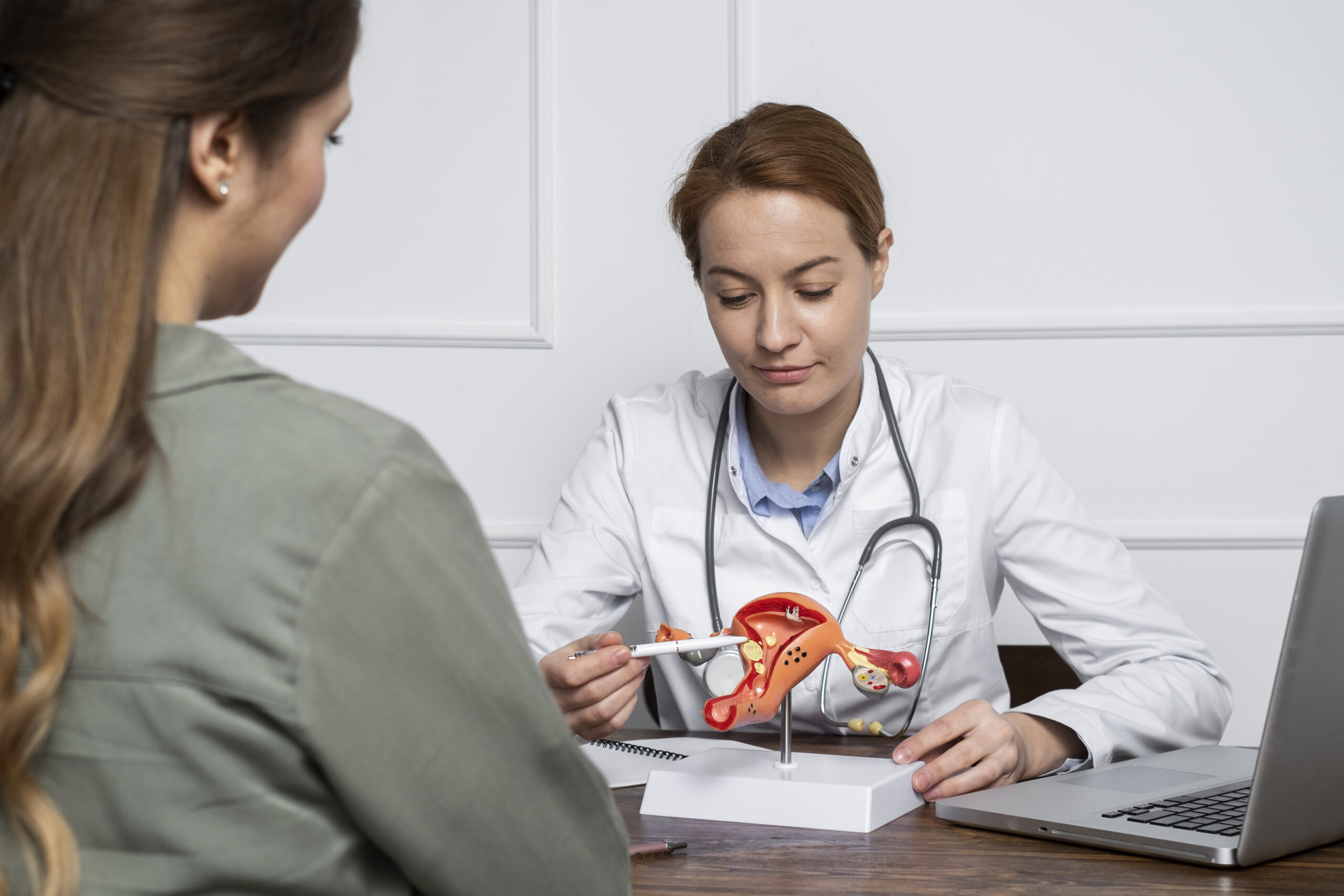Getting Pregnant With One Fallopian Tube
Pregnancy with One Fallopian Tube: Is It Possible?
Yes, it is absolutely possible to get pregnant with just one functioning fallopian tube. Many women achieve natural conception even after losing one tube due to surgery, infection, or other medical conditions. At Gem Hospital & IVF Centre, we specialize in offering personalized fertility solutions that maximize your chances of pregnancy — even with one fallopian tube.

How Do Fallopian Tubes Affect Fertility?
Fallopian tubes play a key role in the reproductive process by transporting eggs from the ovaries to the uterus. Fertilization generally occurs within these tubes. If one tube is healthy and the corresponding ovary functions normally, the possibility of natural conception remains strong.
Common reasons for having one fallopian tube include:
1. Pelvic Inflammatory Disease (PID)
2. Ectopic pregnancy
3. Endometriosis
4. Surgical removal (salpingectomy)
5. Congenital abnormalities
6. Tubal ligation (reversal cases)
Can You Conceive Naturally with One Fallopian Tube?
Yes — as long as the remaining tube is open and healthy, and ovulation occurs on the same side as that tube, natural conception is possible. However, success may depend on several factors:
-
Health of the Remaining Tube: A clear, functioning tube can successfully transport eggs.
-
Ovarian Function: Regular ovulation from either ovary boosts pregnancy chances.
-
Age: Fertility declines with age, especially after 35, but conception is still possible.
-
Male Partner’s Fertility: Healthy sperm increases the odds of successful fertilization.
-
Timing of Ovulation: Tracking ovulation helps improve chances of conception.

Fertility Treatments for Women with One Fallopian Tube
If natural conception doesn’t occur within a reasonable timeframe, Gem Hospital & IVF Centre offers advanced treatments:
Ovulation Induction
Fertility medications stimulate ovulation, increasing chances of releasing an egg from the ovary connected to the open tube.
Intrauterine Insemination (IUI)
Sperm is directly placed into the uterus during ovulation to improve chances of meeting the egg.
In Vitro Fertilization (IVF)
IVF bypasses the fallopian tubes completely. Eggs are fertilized in the lab and placed directly into the uterus, making it ideal for women with blocked or one fallopian tube.
Laparoscopic Surgery
If the remaining tube has adhesions or mild blockages, minimally invasive surgery can restore function and improve fertility.
When Should You See a Fertility Specialist?
You should consult a specialist if:
-
You’ve been trying to conceive for over 6-12 months without success
-
You have irregular periods or ovulation issues
-
There’s a history of reproductive surgeries or ectopic pregnancies
-
Your partner has known sperm-related concerns
Tips to Improve Fertility Naturally
Supporting your reproductive health through lifestyle choices can also make a difference:
-
Maintain a healthy weight
-
Eat a balanced, nutrient-rich diet
-
Avoid smoking and alcohol
-
Manage stress with yoga or meditation
-
Exercise moderately and regularly
